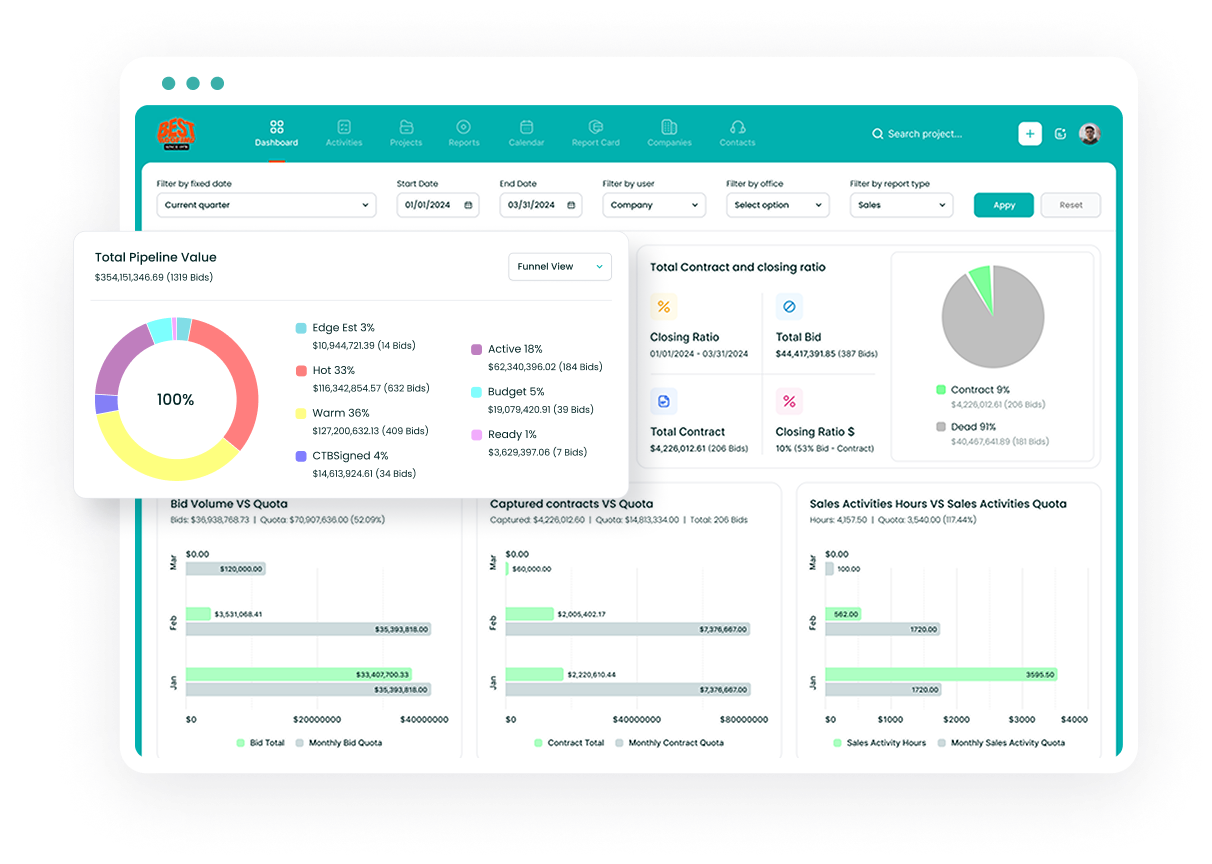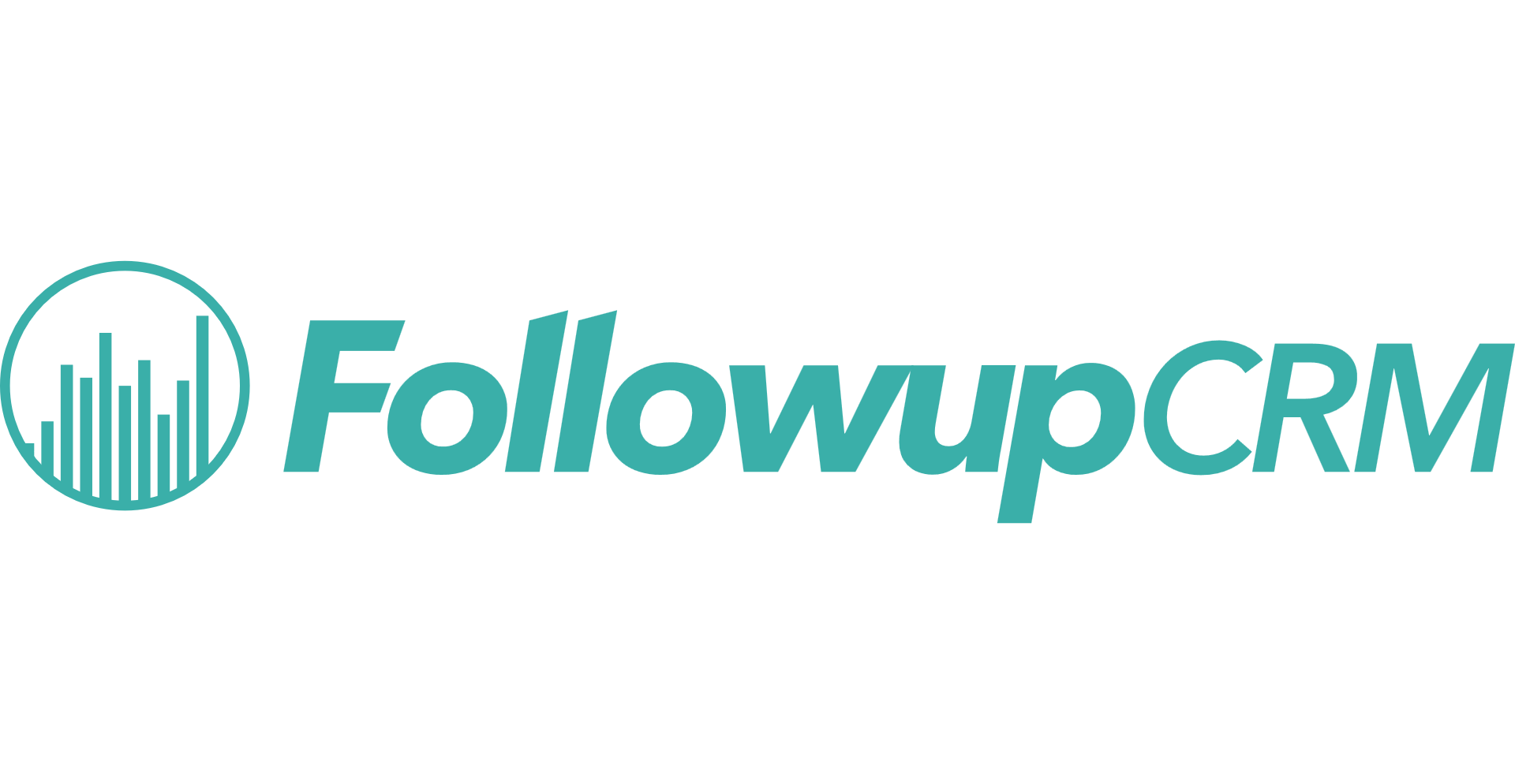CMiC vs Procore
The construction industry continues to embrace digital transformation, with software solutions playing an increasingly vital role in project management and execution. CMiC and Procore represent two distinct approaches to construction management software, each offering unique advantages for different organizational needs. Both platforms have established themselves as industry leaders, though they serve different segments of the construction market with varying capabilities and user experiences.
Understanding the Core Differences Between CMiC and Procore
CMiC operates as a comprehensive Enterprise Resource Planning (ERP) solution specifically engineered for construction companies. The platform particularly excels in serving large enterprises managing complex projects with dedicated IT departments. Its architecture integrates deep financial controls with project management capabilities, creating a unified system for construction operations.
Procore takes a different approach by providing a cloud-based platform that emphasizes collaboration and accessibility. The software creates a centralized hub where stakeholders can interact, share information, and manage projects throughout their lifecycle. Its design philosophy prioritizes user experience and mobile functionality, making it accessible to construction companies regardless of their size or technical expertise.
These fundamental differences shape how each platform approaches construction management, influencing everything from feature implementation to user interface design. The distinctions become particularly apparent when examining specific use cases and implementation scenarios across different types of construction projects.
Essential Features and Capabilities
Construction management software has evolved significantly to meet the complex demands of modern projects, offering sophisticated tools that streamline operations from initial planning through project completion. Both CMiC and Procore have developed comprehensive feature sets that address different aspects of construction management, though their approaches and strengths vary considerably based on their target markets and core philosophies.
CMiC offers a robust enterprise-focused feature set that includes:
- Advanced financial controls and job costing integration
- Enterprise-grade document management system
- Comprehensive resource planning tools
- Detailed workflow automation capabilities
- Built-in accounting and payroll functions
- Custom reporting and analytics dashboard
Procore delivers a cloud-first approach with the following key features:
- Real-time collaboration and document sharing
- Mobile-optimized field management tools
- Intuitive project tracking and scheduling
- Automated RFI and submittal management
- Photo and video documentation tools
- Safety and quality inspection features
User Experience and Implementation Considerations
The approach to user experience differs significantly between the two platforms. CMiC presents a sophisticated interface that accommodates complex workflows and detailed financial operations. This complexity requires substantial training and familiarization, particularly for organizations transitioning from simpler systems or manual processes.
Procore prioritizes intuitive navigation and accessibility, making it more approachable for users at all technical skill levels. The platform's mobile-first design philosophy ensures consistent functionality across devices, though some advanced features may require additional training to utilize effectively.
Organizations must consider their team's technical capabilities and available training resources when evaluating these platforms. The implementation process varies significantly between the two solutions, with CMiC typically requiring more extensive preparation and resource allocation.
Financial Investment and Resource Requirements
The decision to invest in construction management software represents a significant financial commitment that extends beyond the initial purchase price. Organizations must carefully evaluate their budget constraints and resource availability to ensure a successful implementation that aligns with their operational goals and financial capabilities.
CMiC's enterprise-focused solution encompasses these key investment considerations:
- Enterprise-level pricing with custom quotes for each organization
- Higher upfront costs for implementation and system setup
- Substantial investment in IT infrastructure and dedicated technical staff
- Extensive training programs requiring significant time investment
- Annual maintenance fees and support contracts
- Additional costs for customization and integration services
Procore's pricing structure and resource requirements include the following elements:
- Base pricing starting at $375 monthly for small companies
- Scalable pricing tied to annual construction volume
- Lower initial hardware and infrastructure requirements
- More accessible training and implementation costs
- Optional add-on modules with additional pricing
- Flexible subscription-based payment models
Support Infrastructure and Training Programs
Both platforms maintain comprehensive support systems, though their approaches differ notably. CMiC provides dedicated support channels and extensive training programs, recognizing the complexity of their system and the need for thorough user education.
Procore offers 24/7 support through multiple channels, including phone and email assistance. Their training resources encompass both online materials and in-person options, with particular emphasis on getting new users operational quickly.
The availability of third-party consultants and implementation specialists also differs between the platforms, potentially affecting long-term success with either solution.
Integration Capabilities and Ecosystem Development
Modern construction management requires seamless integration with existing business systems and workflows. CMiC's enterprise focus results in robust integration capabilities, particularly with financial and accounting systems. The platform supports custom integrations through its API, though these often require significant technical expertise to implement.
Procore maintains an extensive marketplace of pre-built integrations and third-party applications. This approach provides greater flexibility for organizations looking to maintain existing tools while adding construction-specific functionality. The platform's open API architecture enables custom integration development, though with potentially lower complexity than CMiC.
Future Development and Industry Trends
Both platforms continue to evolve, incorporating new technologies and responding to changing industry needs. CMiC focuses on enhancing its enterprise capabilities, with particular attention to advanced analytics and artificial intelligence applications in construction management.
Procore's development roadmap emphasizes improved collaboration tools and mobile capabilities, reflecting the industry's increasing reliance on remote work and digital communication. Both platforms are investing in machine learning and predictive analytics, though their applications of these technologies differ based on their target markets and core strengths.
These ongoing developments reflect broader industry trends toward increased digitization and data-driven decision-making in construction management. Organizations must consider not only current capabilities but also future development directions when selecting a platform.
Scalability and Performance Considerations
When evaluating construction management software, it's crucial to consider how well the platform can grow with your business. CMiC's architecture is designed to handle large-scale operations, making it particularly suitable for companies anticipating significant growth or managing multiple complex projects simultaneously. The platform's robust infrastructure can accommodate increasing data volumes and user loads without compromising performance.
Procore, while also capable of scaling, takes a different approach. Its cloud-based architecture allows for more flexible scaling, enabling companies to adjust their usage as needed. This can be particularly advantageous for smaller firms or those with fluctuating project volumes. However, some users report that performance can occasionally be affected during peak usage times, especially when dealing with large document sets or complex project structures.
Both platforms offer options for customization and expansion, but the ease and extent of these modifications differ. CMiC's enterprise focus means that extensive customizations are possible, though they often require specialized technical knowledge. Procore's more standardized approach allows for quicker implementation of new features but may limit the depth of customization available.
Data Security and Compliance Features
In an era where data breaches and cyber threats are increasingly common, the security features of construction management software are paramount. CMiC places a strong emphasis on data security, offering robust encryption protocols and advanced access control mechanisms. The platform's integrated nature allows for comprehensive audit trails across all modules, facilitating compliance with various industry standards and regulations.
Procore also prioritizes security, leveraging cloud-based security measures and regular third-party audits to ensure data protection. The platform provides granular permission settings, allowing project managers to control access to sensitive information on a need-to-know basis. Both CMiC and Procore offer features to assist with regulatory compliance, though the specific tools and their implementation vary.
It's worth noting that while both platforms invest heavily in security measures, the responsibility for proper configuration and use ultimately lies with the implementing organization. Regular training and clear security policies are essential complements to the technical safeguards provided by either software solution.
Mobile Functionality and Field Operations
The increasing reliance on mobile devices in construction management has made robust mobile functionality a critical feature for many organizations. Procore has made significant strides in this area, offering a comprehensive mobile app that provides access to most platform features. This mobile-first approach allows for real-time updates from the field, improving communication and reducing delays in decision-making processes.
CMiC's mobile offerings, while comprehensive, have traditionally been less of a focus compared to their desktop solutions. However, recent updates have expanded mobile capabilities, recognizing the industry's shift towards more flexible work environments. Both platforms now offer features such as offline access to critical documents and the ability to capture and upload site photos directly to project files.
The effectiveness of mobile features can significantly impact field operations, affecting everything from daily reporting to quality control processes. Organizations should carefully evaluate their specific mobile needs and how well each platform's mobile functionality aligns with their operational workflows.
Implementation and Change Management
The transition to a new construction management platform represents a significant organizational shift that demands meticulous planning and strategic execution. Success hinges not only on the technical aspects of implementation but also on how well teams adapt to new workflows and processes. Understanding the distinct approaches of CMiC and Procore helps organizations prepare for the challenges and opportunities ahead.
CMiC's implementation process encompasses these essential components:
- Conference Room Pilots (CRPs) for systematic configuration and testing
- Dedicated implementation specialists for complex system customization
- Extensive data migration and validation procedures
- Comprehensive financial controls integration
- Cross-functional team coordination requirements
Procore's implementation framework focuses on these key elements:
- Rapid deployment methodology with shorter timelines
- Phased rollout options for gradual adoption
- Built-in training resources and support materials
- Mobile-first implementation strategy
- Collaborative stakeholder engagement processes
Choosing the Right Construction Management Software for Your Organization
Selecting the appropriate construction management software is a significant decision that can profoundly impact your organization's efficiency and project outcomes. Both CMiC and Procore offer powerful solutions, each with its own strengths and considerations. The ideal choice depends on various factors, including your company's size, project complexity, budget, and specific operational needs.
Carefully assess your current processes and future goals when evaluating these platforms. Consider arranging demonstrations or trial periods to get a hands-on feel for each system's interface and functionality. Additionally, don't hesitate to reach out to other construction professionals or industry associations for insights and recommendations based on their experiences with these software solutions.
Remember that successful implementation goes beyond just selecting the right software. It requires commitment from leadership, thorough training for staff, and a willingness to adapt processes to fully leverage the chosen platform's capabilities. By taking a thoughtful, strategic approach to this decision, you can position your organization for improved efficiency, better project outcomes, and long-term success in an increasingly competitive industry.
Sources: [1] https://www.procore.com/what-is-procore [2] https://cmicglobal.com [3] https://www.inductforwork.com.au/procore/ [4] https://www.techrepublic.com/article/procore-review/ [5] https://www.softwareadvice.com/construction/enteprise-pro-profile/vs/procore/ [6] https://www.softwaresuggest.com/cmic [7] https://www.selecthub.com/construction-management-software/procore-vs-cmic/ [8] https://www.forbes.com/advisor/business/software/buildertrend-review/
The CRM Built For Construction Companies
No more disorganized data. Track your leads, bids, and customers all in one place.
Seamless Integration with:
✅ Foundation ✅ Viewpoint ✅ Sage and more

Request a Live Demo Now
Learn more about how Followup CRM can help your construction company grow.







